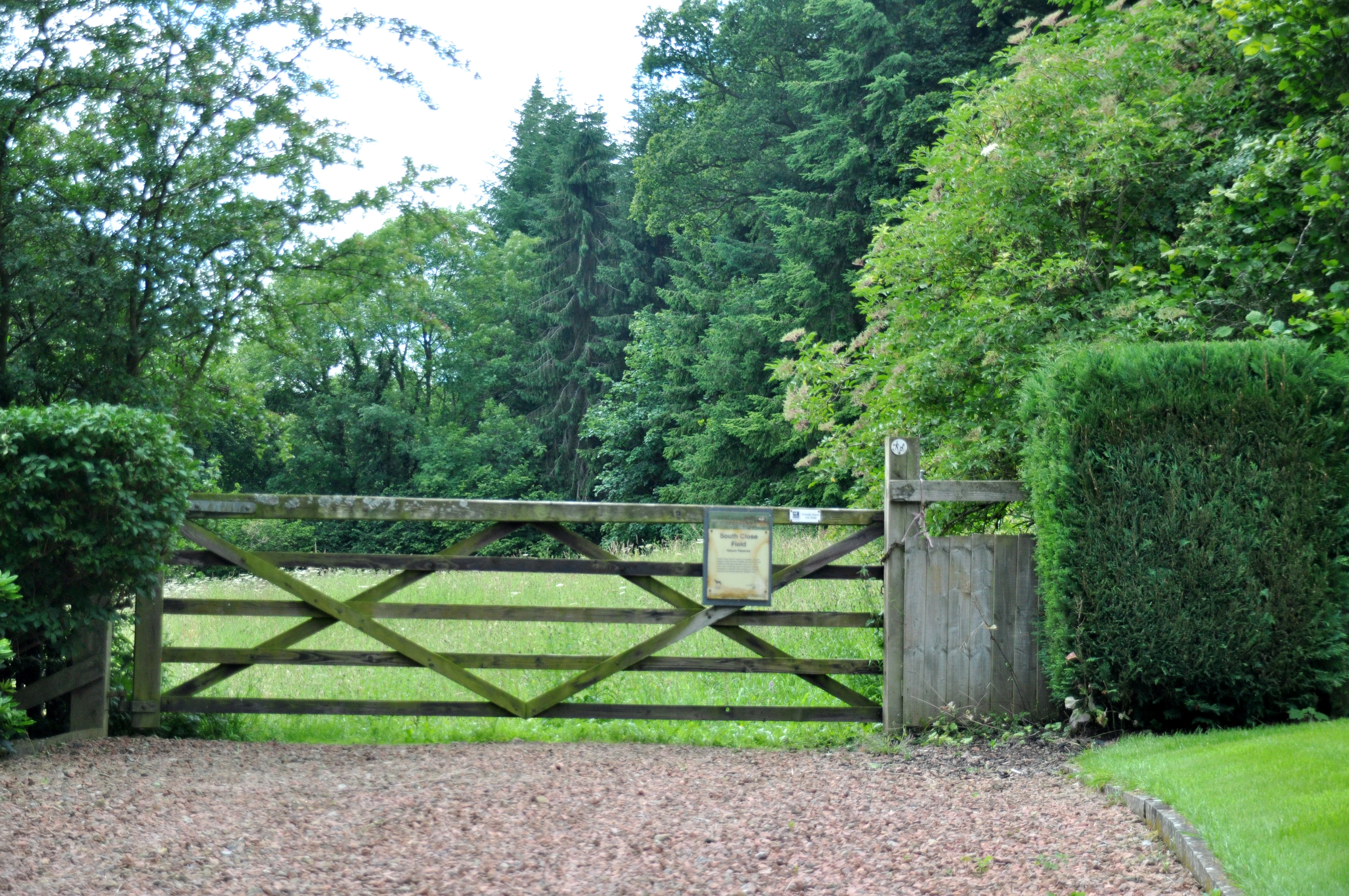
Partner Article
New proposals for a wilder Britain
Om 1 May the Wildlife Trusts published Towards a wilder Britain - creating a Nature Recovery Network which shows how new laws could lead to the creation of nature recovery maps and reverse decades of wildlife declines.
The new report details how a Nature Recovery Network can be established by mapping out important places for wildlife which need to be protected as well as key areas where habitats should be restored. The Wildlife Trusts believe new laws are needed, including an Environment Act, to ensure this happens. Local Authorities must be required by law to produce local Nature Recovery Maps to achieve the new Government targets that we are calling for. It’s vital that we increase the extent and quality of natural habitats - to turn nature’s recovery from an aspiration to a reality.
The report launch comes at a critical time for wildlife. It coincides with the final week of two key government consultations which present a rare opportunity, the first in living memory, to influence the future of both national farming and planning policy and how these impact on nature in England. Precious wild places and the species that depend on them have suffered steep declines over the past 70 years; intensive farming and urbanisation have been significant causes.*
Now the public has a chance to call for change - so that planning rules, farm support and regulation work together towards the recovery of nature and wildlife. The Wildlife Trusts are urging people to respond to both consultations. The Government’s 25 Year Plan for the Environment proposes the creation of a Nature Recovery Network. To take this forward Nature Recovery Maps should be at the foundation of future farming and planning policy, guiding habitat creation by farmers and housing developers to ensure it achieves government targets for wildlife’s recovery.
Protection for Local Wildlife Sites - important havens for wildlife that are supposed to be recognised in planning policy - have been dropped from the draft National Planning Policy Framework. This is backward step that would undo basic protection for 42,000 of these special places for wildlife.
Mike Pratt, Northumberland Wildlife Trust Chief Executive, The Wildlife Trusts, says: “Nature is valuable for its own sake and is the foundation of our society and of our economy. Yet we have neglected its value for too long. We need to substantially improve our farming and planning policies that are currently up for review; and we need an ambitious Environment Act that puts nature’s recovery on to a statutory footing. The only way any of this can work is if there are Nature Recovery Maps in every part of the country. This can help build the Nature Recovery Network that future generations deserve.”
Read about The Wildlife Trusts’ #ActSwiftly campaign urging people to respond to the two consultations here. Swifts arrive back to the UK in late April and early May. The swift is a bird that needs towns and the countryside to nest and feed in; it is emblematic of the need for wildlife-rich habitats in both environments. Our campaign to save Local Wildlife Sites is [here.
Towards a wilder Britain - creating a Nature Recovery Network is available to download [here]http://www.wildlifetrusts.org/sites/default/files/creating_a_nature_recovery_network_low-res_report.pdf).
This was posted in Bdaily's Members' News section by Northumberland Wildlife Trust .
Enjoy the read? Get Bdaily delivered.
Sign up to receive our daily bulletin, sent to your inbox, for free.








 Why community-based care is key to NHS' future
Why community-based care is key to NHS' future
 Culture, confidence and creativity in the North East
Culture, confidence and creativity in the North East
 Putting in the groundwork to boost skills
Putting in the groundwork to boost skills
 £100,000 milestone drives forward STEM work
£100,000 milestone drives forward STEM work
 Restoring confidence for the economic road ahead
Restoring confidence for the economic road ahead
 Ready to scale? Buy-and-build offers opportunity
Ready to scale? Buy-and-build offers opportunity
 When will our regional economy grow?
When will our regional economy grow?
 Creating a thriving North East construction sector
Creating a thriving North East construction sector
 Why investors are still backing the North East
Why investors are still backing the North East
 Time to stop risking Britain’s family businesses
Time to stop risking Britain’s family businesses
 A year of growth, collaboration and impact
A year of growth, collaboration and impact
 2000 reasons for North East business positivity
2000 reasons for North East business positivity